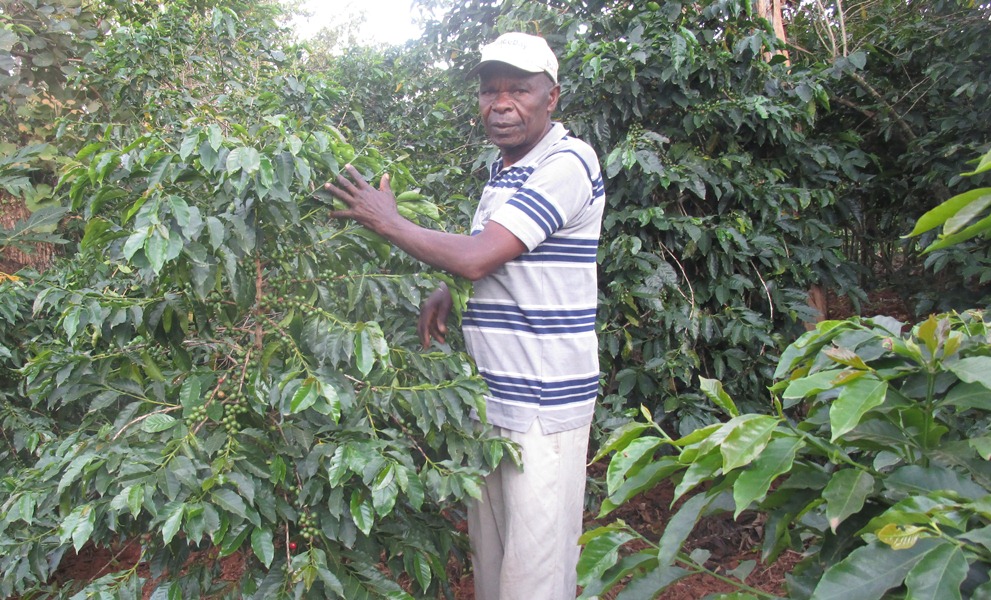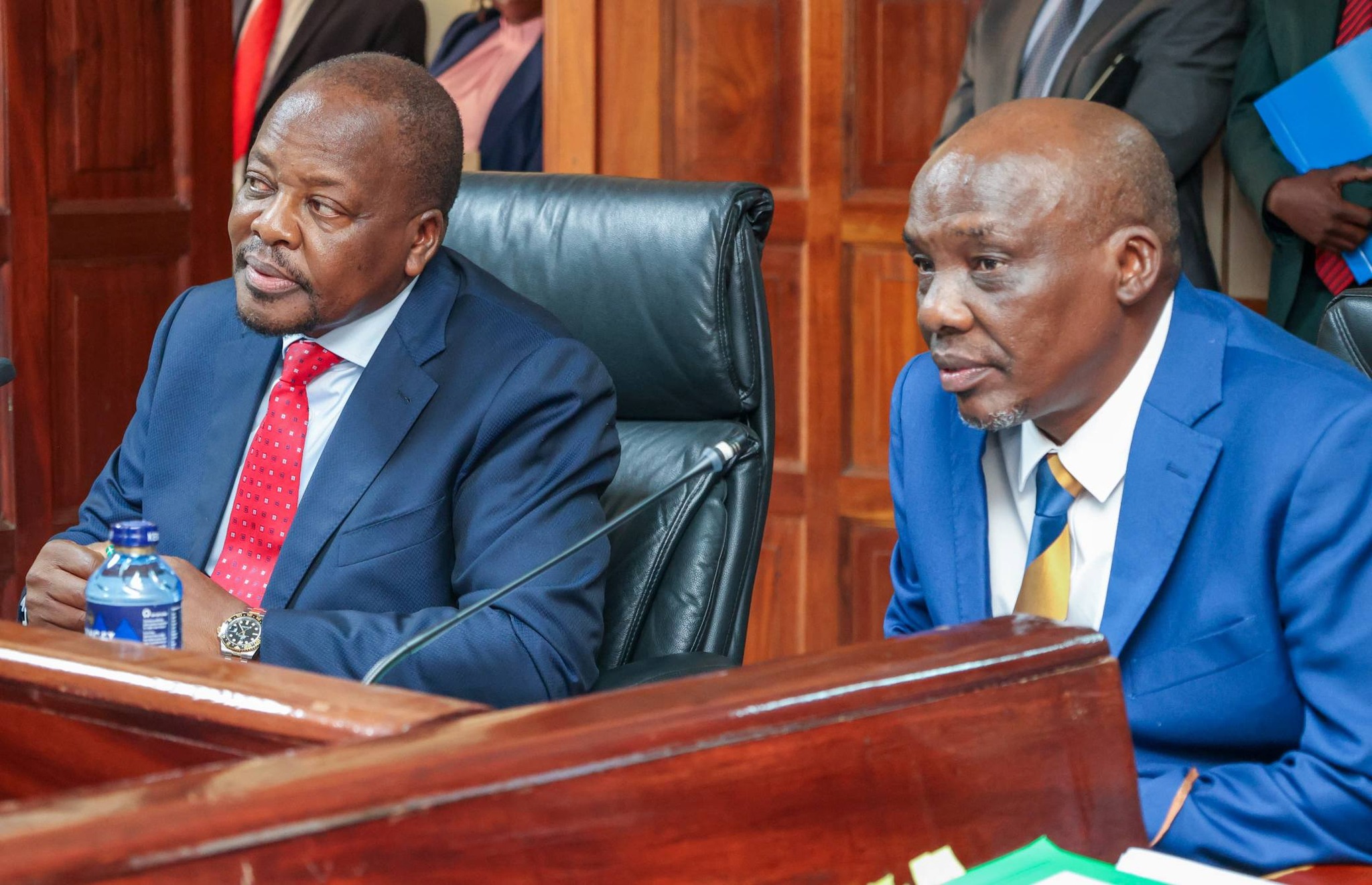By Roy Hezron
A total of Ksh428.4 million will be injected into the country’s coffee cooperatives towards strengthening governance and capacity in the next four years as part of the National Coffee Revitalization Project (NCRP).
The entire project, however, will approximately cost the government a total of Ksh21.3 billion for the four year period earmarked for the revival of the country’s coffee sector. It is is being implemented in over 30 coffee growing counties.
The project will be taken up from the two levels of government, with the overall responsibility resting on the National Treasury, which assigns implementing agency responsibilities to county and national level agencies.
A huge chunk of the money will be used to revive the country’s coffee cooperatives under the Coffee Cooperatives Revitalisation Programme (CCRP), which has the largest number of coffee farmers.
Majority of coffee producers are smallholders who own less than 5 acres and sell their produce through Cooperative societies – yet they account for 60 per cent of the national coffee production.
Those owning above 5 acres, known as estates or small, medium and large scale farmers may sell their coffee directly through their marketing agents; they account for 40 per cent of the national coffee production.
Kenya has an estimated 700,000 smallholder growers who market their produce through 525 Cooperative societies, with each Cooperative owning and managing one or more wet-processing factories known us primary processing.
There are over 4,000 wet processing plants, including 3,300 smallholder estate farmers and 1,000 coffee Cooperatives pulping stations where coffee is pulped, grade, washed and dried.
The revitalization project, launched in April 2020 by the then Cabinet Secretary (CS) for Agriculture, Livestock, Fisheries and Cooperatives Peter Munya, is meant to revive the coffee industry to alleviate poverty in the coffee growing areas and provide a reliable source of livelihood among coffee growers.
A look into the project document which Sacco Review has seen reveals that in the Ksh428.4 million, Ksh26.4 million will be spread over four years to strengthen governance, with the government spending Ksh7.2 million for the first three years till 2023 and Ksh4.8 million in the fourth year; 2024.
On the other hand, Ksh402 million will be used for capacity building, with each year being allocated Ksh114 million for a three year period.
In order to strengthen governance, the project will develop and/or review and further issue guidelines on mandatory Cooperative governance structures in all registered cooperatives, develop and issue guidelines on key management tools including budget, audited accounts, and procurements.
Others include formulation of terms and conditions of service and business and strategic plans, and developing new guidelines, as well as reviewing existing ones on accountability, plus enforcement of the code of ethics and conduct for Cooperative officials.
Further, the project will support enhancement of technical and leadership capacity among Cooperative leaders to mitigate identified weaknesses in previous studies.
In strengthening governance and capacity in coffee cooperatives, the project started by undertaking capacity needs assessment and later developed standardized training manuals.
It is supposed to be followed by a training of tanners’ course on governance targeting all government Cooperative officers, and also ensuring continuity in service delivery by newly elected leaders since the leadership code provides for one-third rotation in the management committee.
The project also will support the State Department for Cooperatives (SDC) to develop and issue guidelines on induction courses for newly elected Cooperative leaders, and holding a training of trainers’ course on the induction of new leaders.
At independence in 1963, the production of coffee was 43,778 metric tonnes (MT), which subsequently peaked at 128,926 MT in the year 1987/88.
However, following the collapse of the International Coffee Agreement in 1989, production of coffee steadily declined to hit a rock-bottom 40,000 MT in 2015-2017 Coffee Year.
Middlemen and brokers have been cited as a stumbling block to negotiating better prices and international markets for the produce due to the lack of transparency and accountability in the trade.


